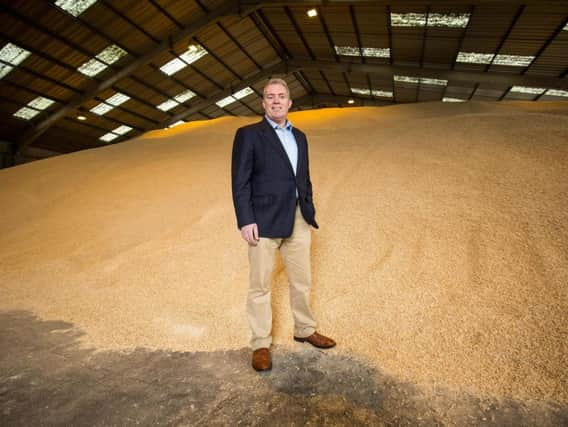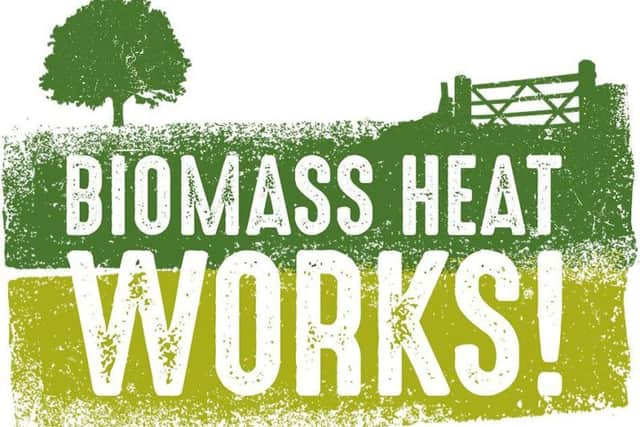NFU backs Biomass Heat Works! Campaign calling out government on rural decarbonisation policy


Following the launch of the NFU’s own blueprint vision to cut carbon emissions to net zero within farming by 2040, the 55,000 member-strong organisation has extended its support to the campaign given that many of its members use or have diversified into using biomass as a renewable energy heat source.
Biomass in rural areas can create successful, workable circular economies across farming, agriculture and forestry sectors and is often the most viable and lowest carbon option available to businesses and households in off-gas grid areas.
Advertisement
Advertisement
Given the UK government’s pledge to cut carbon emissions to net zero by 2050, it is essential that rural households and businesses aren’t left behind their urban counterparts when it comes to future heat decarbonisation strategies, especially given that many of the biomass heat industry’s 700+ supply chain companies operate rurally.


The NFU’s backing of the Biomass Heat Works! campaign is a huge boost and one which has been welcomed by industry leaders.
Neil Holland of the UK Pellet Council, which along with the Wood Heat Association is delivering the Biomass Heat Works! campaign, explained: “We’re delighted that the NFU have pledged its support to the campaign as a vast number of its members up and down the country are advocates of biomass heat.
“There is a much bigger picture that the government needs to urgently consider here, and that is by extending the RHI and specifying biomass as the most proven and commercially-ready solution to decarbonising heat in rural areas, we can also create a highly sustainable rural economy, good employment opportunities and business growth in agricultural industries going forward.
Advertisement
Advertisement
“The UK’s biomass industry employs almost four times the number of those working within the country’s fishing industry and already, over 30% of non-domestic biomass capacity is within the agricultural sector.
“Therefore, government support and investment in the biomass sector, as in other European countries, would make a significant contribution to the 2050 carbon reduction targets whilst making rural businesses more resilient and homes more energy efficient.”
Dr Jonathan Scurlock, chief advisor (Renewable Energy and Climate Change) at the National Farmers’ Union, added: “The farming industry is fully committed to realising its net zero vision and there are clear environmental and economic benefits for farmers by taking action now.
“The Biomass Heat Works campaign sends a clear message to government and demonstrates how renewable energy, in particular, biomass, must play an integral role in the UK’s future energy mix, especially in rural areas which sits very well alongside our own net zero ambitions.
Advertisement
Advertisement
“Clear synergies exist between the UK Pellet Council, Wood Heat Association and the NFU, so we are highly supportive of the campaign.”
Recent evidence suggests that the UK could almost triple its use of bioenergy as a heat source from 6% to 16% by 2032 and achieve net zero targets by 2050, with biomass being a major contributor.
As yet, no other measures are tabled by government for when the RHI closes to new applications in March 2021, and this lack of forward planning is having significant impact on the development of future projects, especially for larger scale biomass heat schemes, potential new jobs as well as creating increasing uncertainty within the wider biomass supply chain.
To support the ‘Biomass Heat Works’ campaign or for more details, go to www.biomassheatworks.co.uk.